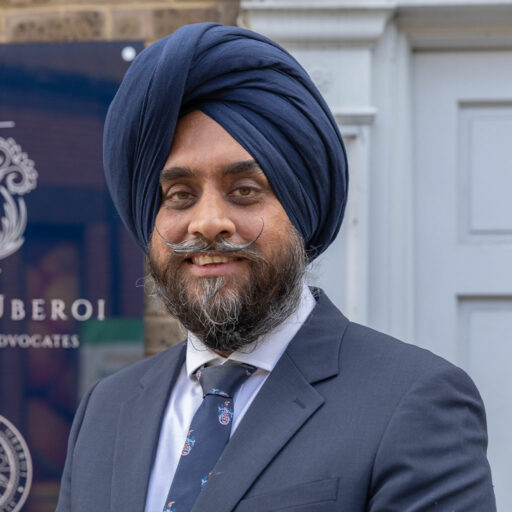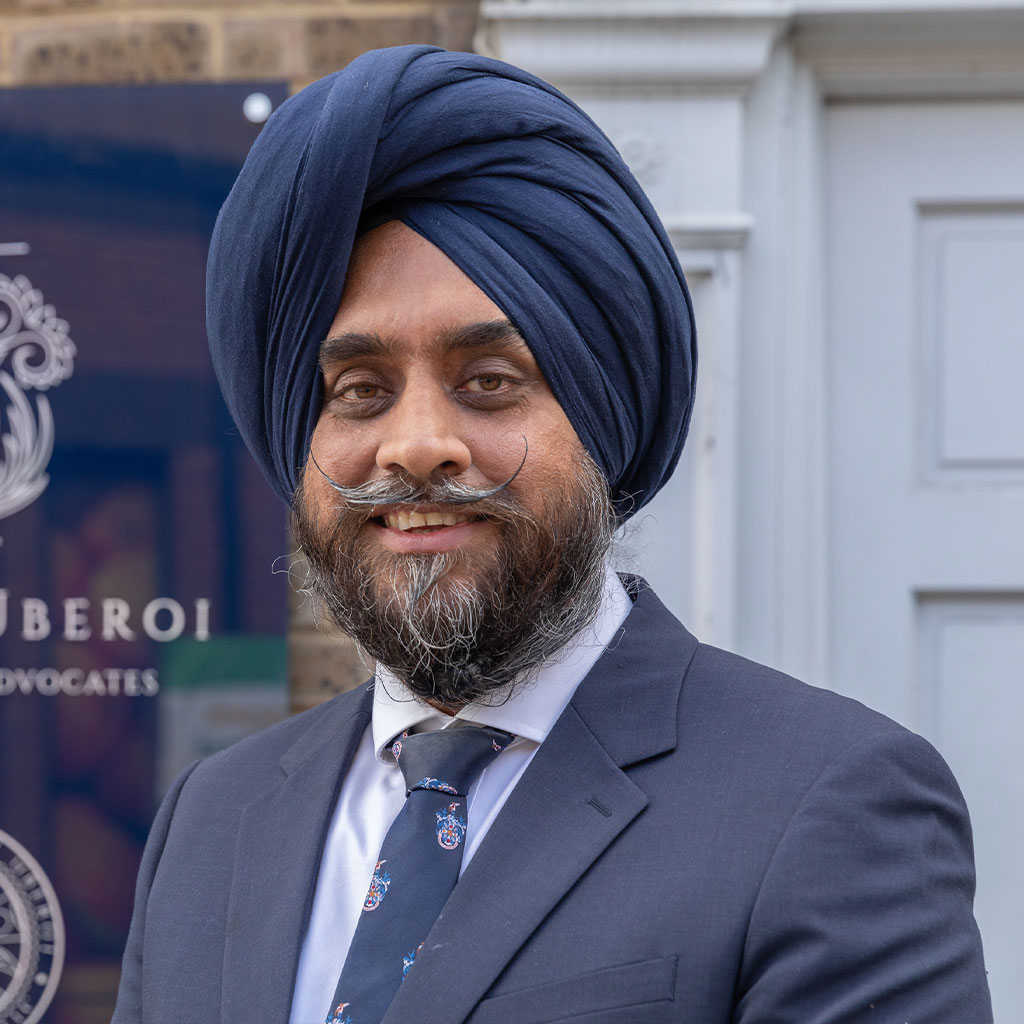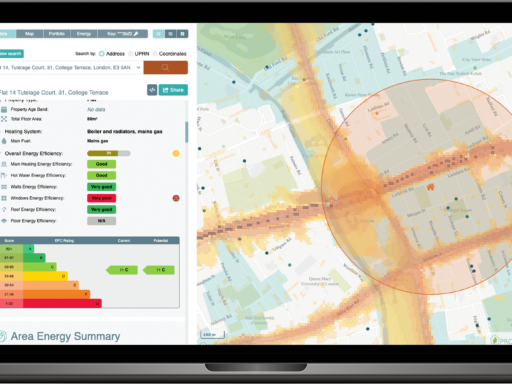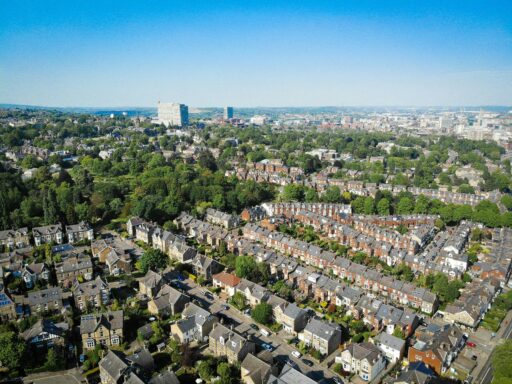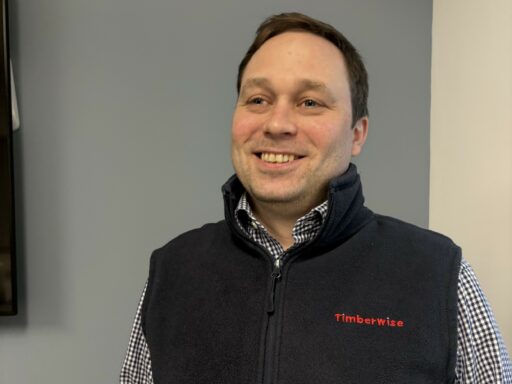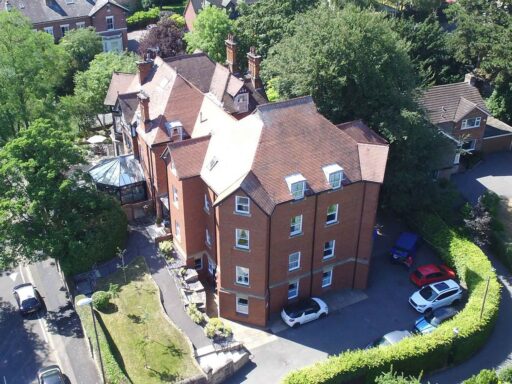London law firm Starck Uberoi has seen a notable rise in leaseholders collaborating to take back control of their properties, as new figures reveal growing interest in leasehold enfranchisement and the Right to Manage.
With more than a third of homes in the capital still owned on a leasehold basis, the demand for legal guidance is accelerating.
Government statistics show that over 7,400 leaseholders contacted the Leasehold Advisory Service (LEASE) across eight quarters between late 2022 and the end of 2024 to seek advice on freehold purchases and Right to Manage applications — an increase of more than 18% during that period.
Since 2019, London leaseholders have accounted for 41% of all LEASE helpline enquiries, despite the city making up only around 15% of England’s population. Given that 36% of homes in London are leasehold, this imbalance is unsurprising. Among flat owners, the impact is even greater, with 62% of London flats under leasehold ownership, according to London Councils.

